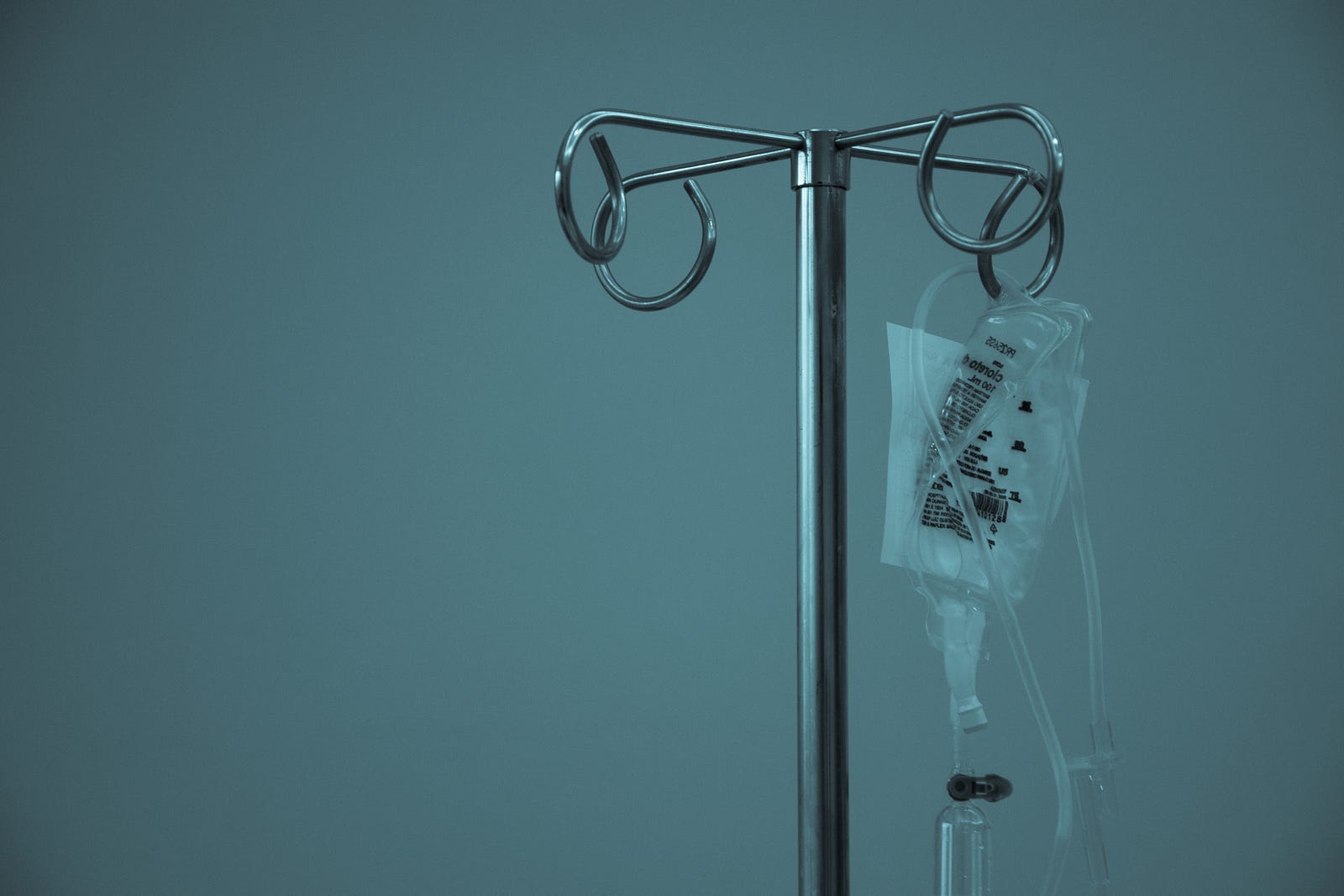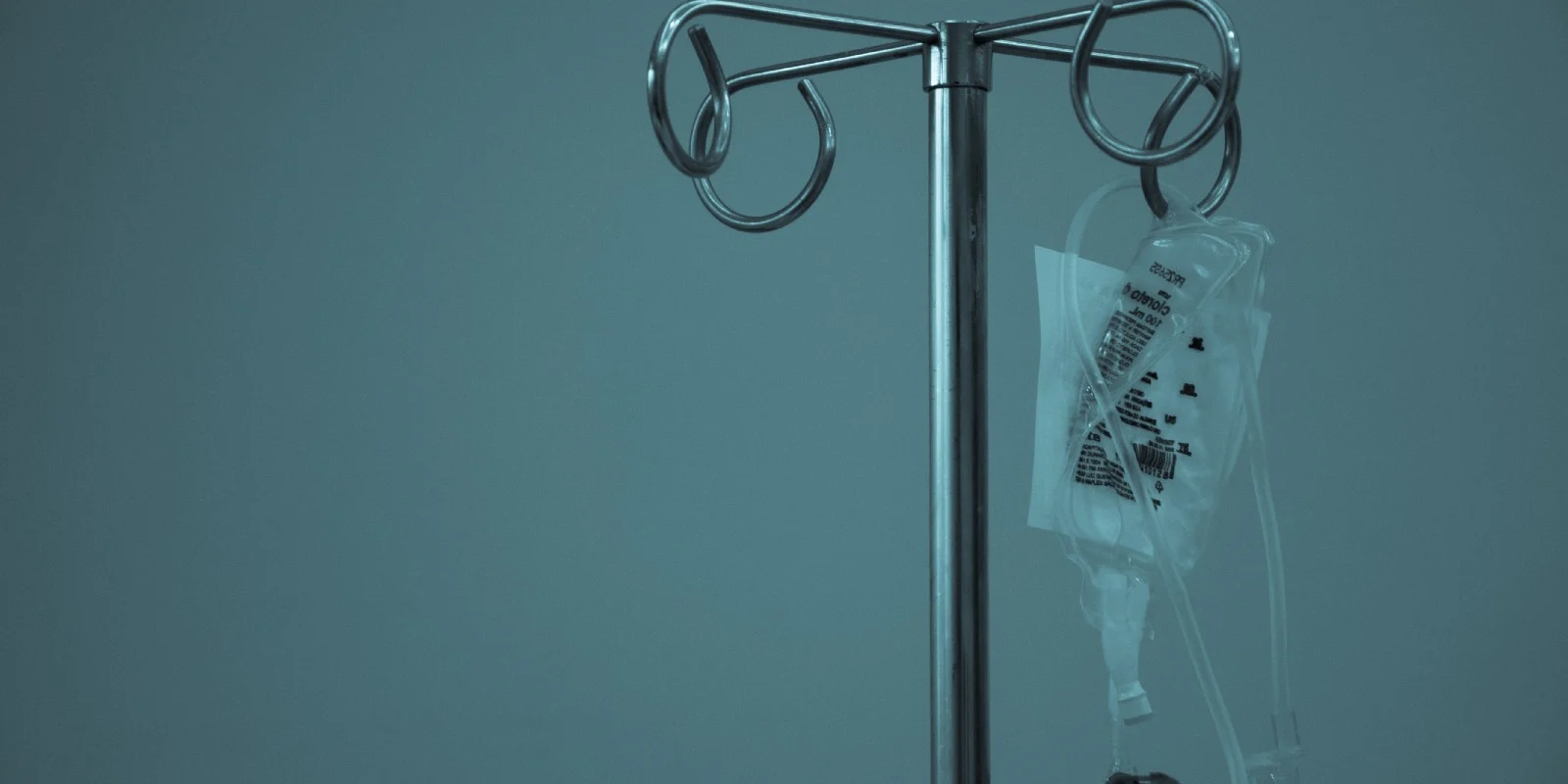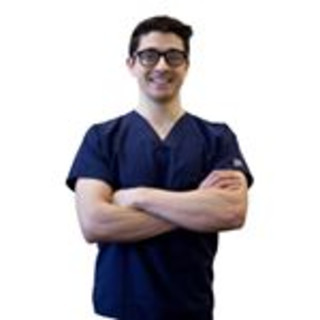This is part of the Medical Humanities Series on Op-Med. Do you have a poem or visual art piece you’d like to share with the community? Send it to us here.

May — where has the year gone.
5 months gone.
Suicide — Where have our colleagues gone?
5 students gone.
While most skate through the year as if one day is no different than the next, I’ve always found a fascination in how a Tuesday one week can feel identical to the Tuesday of the following week; except so much has changed. 604,800 seconds have passed, 10,080 minutes have passed, 2.52 million babies were born, and 1.06 million humans passed away.
A lot can happen in the course of a week.
I sit here writing, reflecting, on the past 5 months. And while time as passed, I feel nothing has changed. Five weeks ago, I found out that a fourth resident committed suicide this year. Two days ago, another NYC medical student committed suicide. That brings the total to 5. While these two were not in my personal circle, it hurt none the less; a reminder of those I personally knew who are no longer with us. My family and my friends were affected and I can not imagine how the classmates and co-residents must feel. But that isn’t the whole story. I mention five because those are only the ones reported, but …
…I know there are more.
I’ve written about medical school depression and suicide before. But writing isn’t solving anything. As a coping mechanism, I write to share my thoughts and digest the news I can no longer internalize. But Physician Suicide is one topic that no matter what I write, I feel nothing changes. I still sit in disbelief. I still wonder why not enough is mentioned. I still wonder what the national institutes are doing to prevent it.
As I process the recent tragedies: from the three residents I knew, to the friend of a friend who passed, to the recent Refinery29 article on Mount Sinai St. Luke’s suicide battle, …
…I wonder whether the medical institutions themselves are at fault or if we are to blame.
Who is to blame?
I always wonder if we could be doing more. But the word “we” encompasses a large group of individuals. It includes medical students, residents, educators, physicians, program directors, administrators, national organizations, etc. It is hard for one group to accept blame.
As a medical student, whose peers are in the throes of residency, I see how busy and over worked they are — they haven’t the time or the energy to look at the question objectively. But my personal intuition tells me that they may be the group with the answers.
On the medical student front, too many of my peers show early signs of exhaustion, fatigue, and desperation — fears of “what will happen if I say something” or “what if I write about my opinions” muddies the water. Although personally I have known more residents than medical students who have taken their life, I feel the problems begin years before it is too late.
On the administrators, directors, and academics side — some programs have begun to implement strategies to combat the daily stressors of residency. Johns Hopkins, for example, has implemented a multi-pronged initiative to improve resident well-being following the nine organizational strategies to promote physician engagement and professional satisfaction. And while this is one glowing example of what could be done, we always have to ask if this is a treatment of the symptoms or a preventative measure to prevent future issues.
In a meeting last week with administrators, I was told that …
…this was not a student issue and that it was up to those in charge to fix it.
Personally, I feel a multi-representative approach is necessary. One that includes students, residents, educators, physicians, and administrators. When students begin residency, it is imperative that programs accept that each resident will be beginning their intern (or PGY1) year at a different place in their life. It is unhealthy for us to assume that residents all start at the same place: not everyone starts fresh, recovered, and mentally ready to tackle the hardest year of their medical career.
As a student who only wants to help, who feels lost and anxious over who it may be next, I came up with three methods. Three tools that I use to stay motivated and to refocus myself when I feel like I need a break from it all. These are far from sufficient, but I can’t help but share what has worked for me.
Three tools I share in a poem, a plea, to all those out there who may be suffering:
A Medical Poem:
3 Lessons Learned from 5 Suicides
What do you do when you’ve lost ambition,
when you’ve worked like hell
but you have no motivation?
You started with a dream,
you worked for a cause
but you are now more lost than ever,
and your career feels on pause.
One day it hits you
you no longer have the drive
but you wonder what happened
because you were convinced you’d thrive.
You thought it’d be fun,
That the hard work would be enjoyable.
They told you you’d make a difference,
but you feel drained, useless, unemployable.
Was this a slow onset?
Was it something that happened over time?
Could you have prevented it;
are you wasting your prime?
I’m convinced I haven’t lost
I know it is still within me
I know what i’m capable of,
but I question for what, I am living.
You see it is always the ambitious that struggle
the hard working that feel let down,
when you dream of an end goal
but feel like a patient, just without the gown.
Shouldn’t I be going places by now?
Shouldn’t the hard work be rewarded?
Why am I still struggling to stay afloat,
why I am on a boat I never boarded?
And day in and day out I question what it means.
I question my future, why I question, I even question;
but I’m convinced that it’s for a purpose
I’m convinced I was put here to serve in glory.
And so, I say to those who struggle;
I say to those who may not know why,
to look within and remember everyone
who’s had your back
all who have pushed you to fly.
For I use a method to stay motivated
I know I can’t do it mentally alone
for three ways I use,
three tools I want to be known:
One. Gratitude is all I have
so many have helped me along my way
I cannot waste their time
by floundering, I am just wasting another day.
Two. Find a passion bigger than yourself
something that you do not do for you,
something that you know will make a difference
something you know is morally true.
Three. when you feel low,
when you feel internally done;
don’t let yourself quit
don’t let yourself run.
Take out a pen and paper,
think about why you started,
write down your goals
Reread them until
they feed your soul.
Together we can do more,
but motivation never comes easy.
when you feel down,
reach out to friends,
who won’t make you feel uneasy.
And so, I plead that we take a look,
that we stop and think about tomorrow.
That we evaluate why,
and think about ways to combat sorrow.
So many have already failed,
I’ve had too many friends go,
We cannot question, “what if?”
We have to push for change,
even if it is slow.
So, to those who want to fight
to those who want to make a difference,
be the one to step up,
for we can no longer accept ignorance.
Together we can fix the culture,
together we can fix our ails.
I know we can improve GME,
Strong and united, we will prevail.
If nothing more, this post is a plea. A plea to the medical community that if you are suffering and if you are depressed, seek help. We have a lot to fix, but in the mean time we have to find ways to stay motivated, inspired, and refreshed. We have to work to find solutions and preventative measures, but we must remember that we have to take time for ourselves because it is the most important aspect of being a compassionate, empathetic physician.
Thank you for taking the time to read my poem and my thoughts on the matter. I am a medical student and a PhD student working to alleviate the stress and anxiety so many medical professionals fight on a day-to-day basis. If you are interested in speaking out or writing anonymously I’d love to hear your story and spread it to our Surviving Medicine Community through social media, our blog, and our Podcast.
Frank Cusimano is a third-year medical student and third-year PhD candidate at AZCOM and Columbia University, respectively. He is the host of the Surviving Medicine Podcast and you can connect with him at his Blog, on Instagram, or on Twitter. Feel free to join the SurvivingMedicine Community of medical students and physicians.







